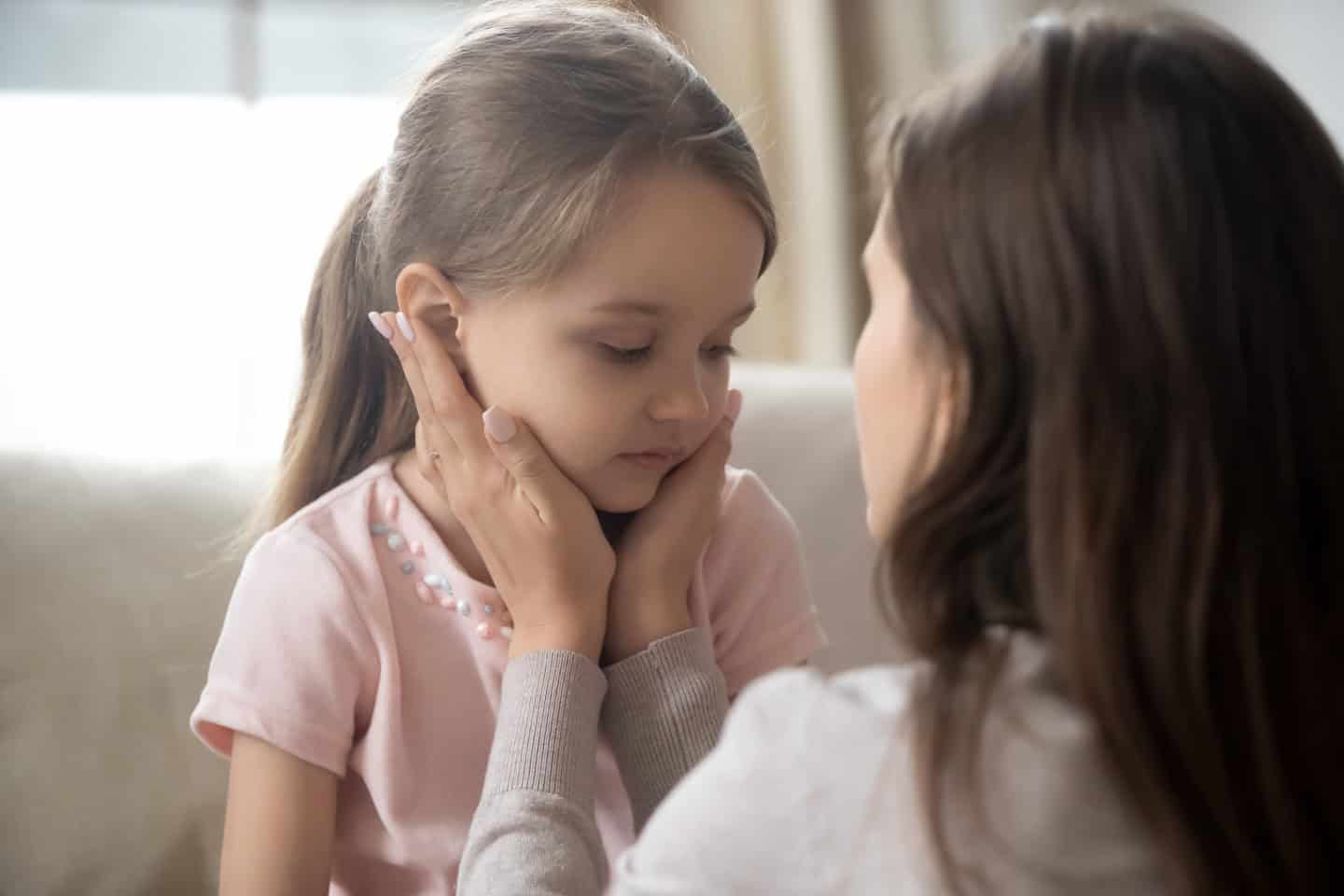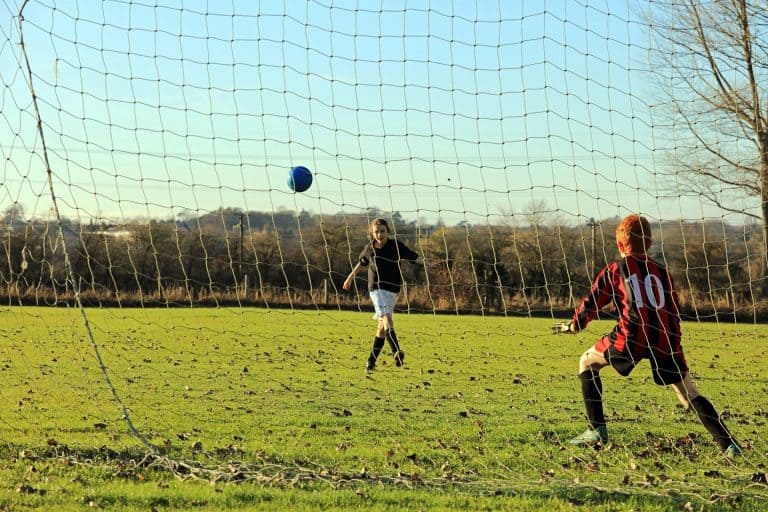
Making a compensation claim for a child with a brain injury: Information for parents and carers
As a Solicitor in the Child Brain Injury team at Bolt Burdon Kemp, I am amazed at the strength and determination of the families who make a brain injury claim on behalf of their injured child.
Embarking on litigation is a big step – it can be a stressful process and brain injury claims on behalf of children can take years to resolve, depending on the child’s age when injured. Parents often instruct us because they want to ensure their child’s needs are met now and in the future.
In this blog, I will provide some initial guidance for parents and carers who may be considering making a claim for personal injury or medical negligence on behalf of a child with a brain injury.
Why bring a compensation claim for a child with a brain injury
Naturally, the thought of making a claim for personal injury or medical negligence as a result of a child suffering a brain injury will not be the first thought to occur to you if you are the parent or carer of a child with a brain injury; nor should it be. However, if your child has suffered a brain injury as a result of an accident, making a claim on their behalf can ultimately have a positive impact on their life and for the family as a whole.
From my experience, parents start proceedings for a child because they are aware that their child has complex and evolving needs and they want to do all they can to ensure they get the support required to meet their child’s needs.
As part of the claim, we can often obtain early interim payments of compensation which can be used to fund a therapy and support package for the child.
The needs of the child do not stop once they reach the age of 18 and, typically, care will need to be provided over their entire lifetime. Sadly, the amount of care that a child will require over their lifetime can amount to a significant sum of money.
Our aim is to secure compensation that will provide the child with as much support for their future as possible. Bringing a claim is a step to secure support and financial security for a child who is unlikely to have the same possibilities that they would have had if the negligence had not occurred. Our team are dedicated to ensuring that we secure the right level of compensation for our child claimants, to ensure their complex needs are met for their whole life.
Acting as the child’s ‘Litigation Friend’ during a claim
Children aged under 18 are unable to act on their own behalf in personal injury and medical negligence proceedings. They require someone, usually someone with responsibility for the child, to act as a ‘Litigation Friend’. A Litigation Friend is entrusted to act in the child’s best interests and conducts the litigation on their behalf by providing instructions to the child’s solicitor.
There are occasions where a parent or carer may not wish to act as a Litigation Friend. In these cases, we consider who else may be best placed to act as a Litigation Friend. This could be another family member, or a Deputy (see separately below) if one has been appointed. As a last resort, the Official Solicitor can be appointed to act on your child’s behalf. A detailed blog on the role of a Litigation Friend and the role of the Official Solicitor appointed to act as a Litigation Friend has been written by my colleague, Cheryl Abrahams, which I would encourage you to read here.
Bringing a claim on behalf of a child can be a daunting prospect for a parent or carer, particularly due to the stresses that litigation can bring. We work hard to reduce the stress of bringing a claim as much as possibly by providing the Litigation Friend with close levels of contact and providing you with specific legal advice on your child’s claim to enable you to make the best decision for them going forward.
Medical Experts
During the course of the litigation, independent medical professionals are approached to act as ‘expert witnesses’ on the child’s behalf. A report will be prepared detailing the child’s injuries, how and why this happened to them. The involvement of experts allows parents to obtain a second opinion about their child’s injury, their condition, prognosis and the treatment options available to their child.
Medical experts are in a prime position to understand and answer difficult questions parents may have to help understand the circumstances of how their child’s injury occurred, particularly in medical negligence claims. They also can provide a second opinion about the child’s condition and prognosis as well as reassurance by identifying the ongoing and future needs of a child and can recommend treatment, care regimes, equipment, therapy and aids to best support the child’s recovery.
Deputies
Claims brought on behalf of a child who has suffered a brain injury are typically very high in value, with significant sums being reserved for the care and the treatment needs a child will have going forward as identified by the medical experts. The amount of compensation a child can receive for their brain injury can feel daunting.
Professional Deputies, who are appointed by the court of protection, can be instructed to manage your child’s compensation on their behalf. They will use the funds secured to obtain the treatment, equipment, accommodation and support for example which has been recommended by medical experts in the claim to meet the needs of the injured child.
A professional Deputy can therefore help reduce the burden on parents of managing the compensation in their child’s best interests. At Bolt Burdon Kemp, we work closely with Deputies and the family to make sure that the right packages are being put in place to help meet your child’s medical, treatment and financial needs, whist also reducing the amount that parents would ordinarily have to cope with.
Case Managers
As a claim for your child continues, it is always important where possible to put in place treatment packages and a care regime to provide your child with the support they need. The amount of professional support required can sometimes be overwhelming. We can consider with you whether a specialist brain injury Case Manager could be engaged who can help take some of the pressure and demands away from the family by acting as an advocate and setting up and managing a care, therapy and support package.
A Case Manager will carry out an assessment and prepare an immediate needs assessment with recommendations on how to meet the child’s needs. They will identify therapy/treatment, equipment, additional support and further assessments required and the cost of putting this into place. This could include, for example, arranging appointments for treatments such as physiotherapy and speech and language therapy. Having identified a child’s needs, Case Managers will prepare a plan to that will support the child and will source the costs that will be required for the plan to be implemented. Care plans and therapies arranged by the treating team are discussed with the medical experts involved in the litigation to provide their advice on the treatment plan. It is important for medical experts and treating professionals to communicate with each other to provide the best levels of support for the child.
Where a Case Manager and Deputy have been appointed, the Case Manager will identify your child’s needs and source the required treatment and costs and provide this information to the Deputy. The Deputy will then consider the proposals and use the compensation secured towards the treatments and recommendations made by the Case Manager.
The involvement of a Case Manager or Deputy is not to act as a replacement for a parent or carer, but as a method of helping to reduce the pressure on parents and carers looking after a child with a brain injury. This allows parents and carers to take a step back. You are still involved, but do not have to feel like you are the only one there to provide support and care to your child.
Improving quality of care
As mentioned previously, making a claim for personal injury or medical negligence is not likely to be a parents’ first reaction. However, a claim can encourage those responsible for their child’s injury to conduct an investigation, to understand what went wrong, why and what can be learned going forward. Internal investigations and their outcomes can determine future policy and procedures, helping to prevent the same issues occurring to another child.
Aim of compensation
The aim of compensation is to put the child back into the position they would have been in had they not been injured. In practice, no amount of compensation can ever really compensate a child who has suffered a brain injury but compensation can ensure the child has financial security for life and can afford to pay for the additional care, therapy, equipment support etc., required to flourish despite their injury.
Our team at Bolt Burdon Kemp
At Bolt Burdon Kemp, our Child Brain Injury team specialise in acting on behalf of children who, as a result of a personal injury or medical negligence, have suffered a brain injury. We have years of experience in working with experts, Case Managers, Deputies and other professionals to identify the needs of your child both now and in their future.
We work tirelessly on behalf of families to obtain the level of compensation that your child needs to have their best life with their brain injury. If you are considering making a claim on behalf of your child, our team are happy to speak further about your options going forward.










